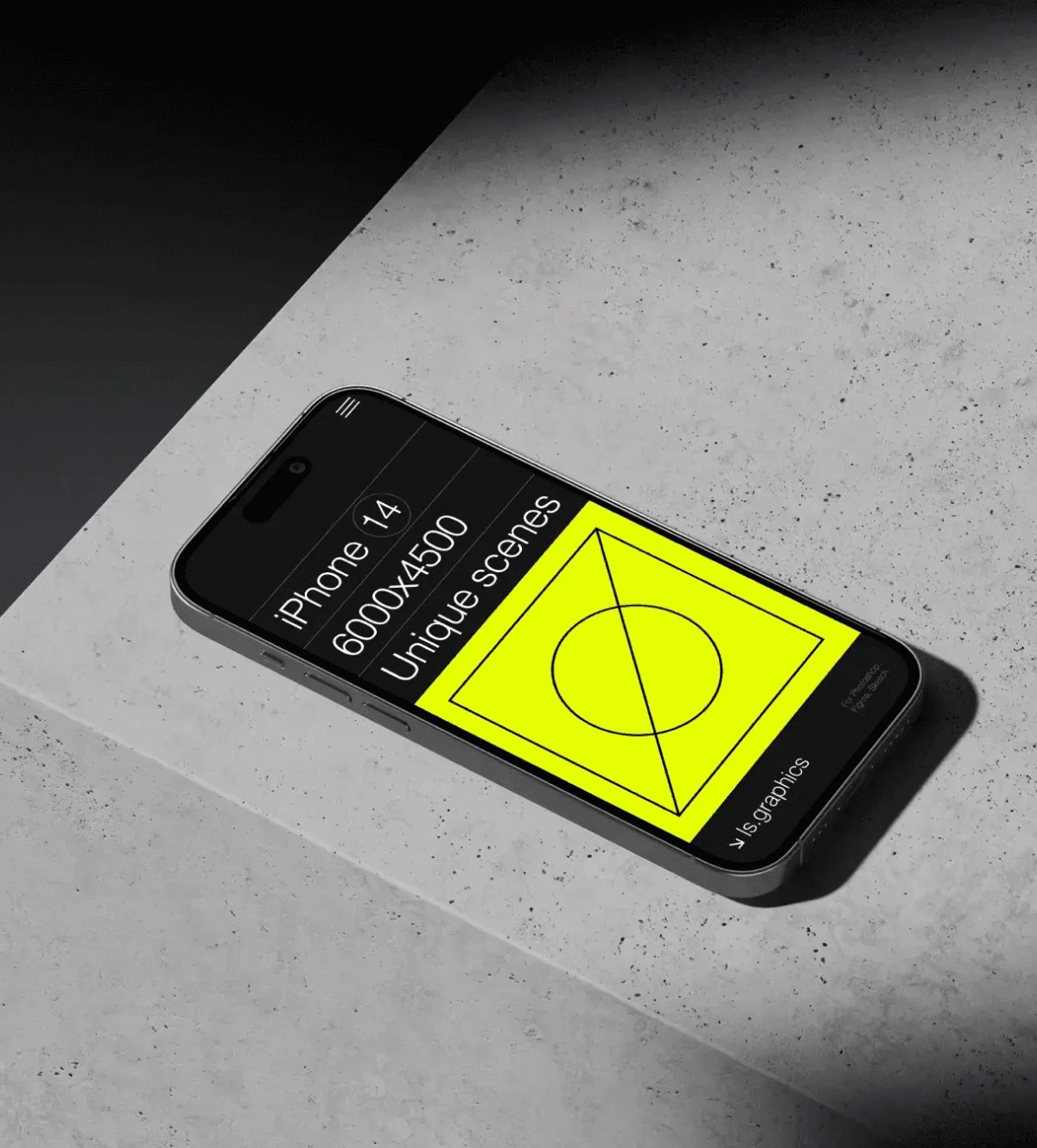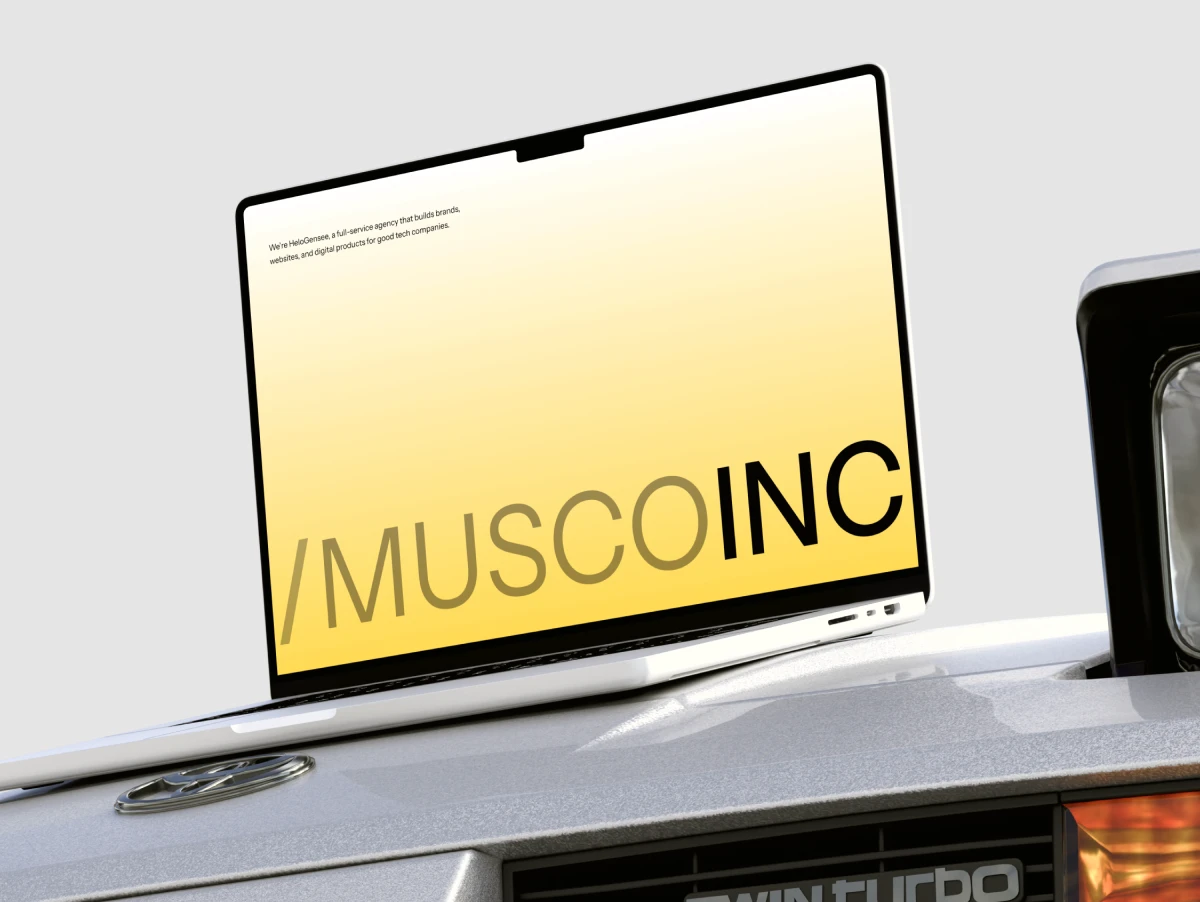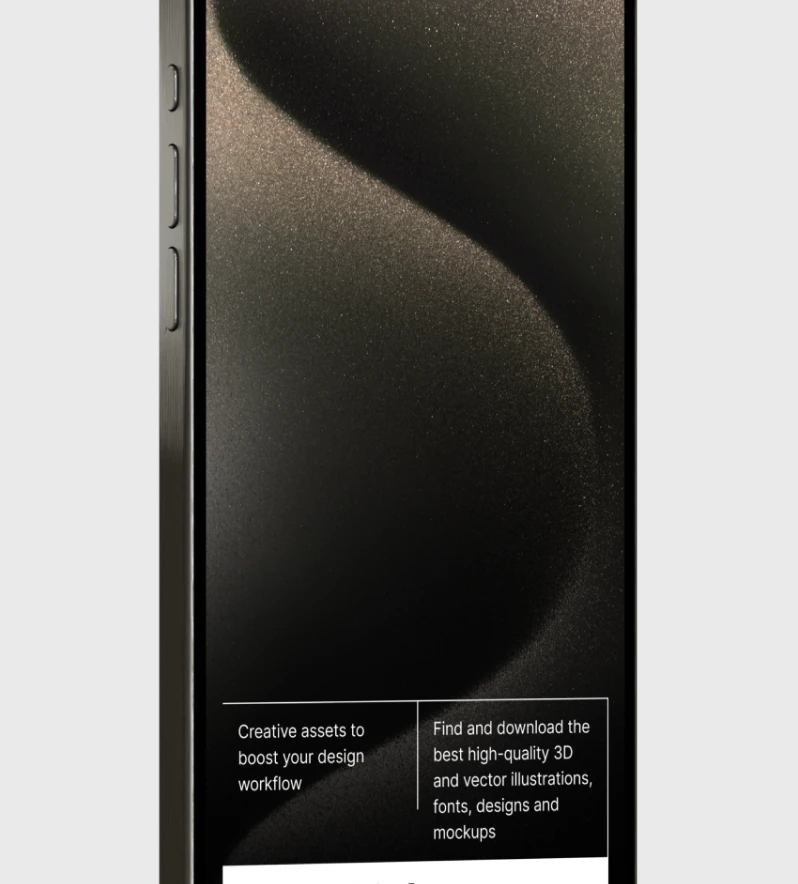The Challenge: Balancing Efficiency with Market Expansion
The Challenge: Balancing Efficiency with Market Expansion
The Challenge: Balancing Efficiency with Market Expansion
Business
/
Bryan Scott



Source:
Bryan Scott
Industrial B2B companies face a unique challenge in 2025
Whether it's lighting manufacturers managing thousands of SKUs, HVAC companies expanding into retail channels, or industrial equipment firms launching consumer-facing products, organizations are caught between two critical needs: operational efficiency and market expansion.
Creative teams across these industries are drowning in repetitive tasks—updating specification sheets, creating sell sheets, managing technical documentation, and producing brochures—while simultaneously being asked to support ambitious retail launch strategies for major accounts like Home Depot, Walmart, McDonald's, and regional distributors.
The pressure is real: private equity ownership demands cost reduction, but market growth requires investment in customer-facing experiences. The solution isn't choosing one over the other—it's building systems that create efficiency gains to fund growth investments across any technical B2B vertical.
Understanding Technical B2B Creative Complexity
Unlike consumer brands, technical B2B companies operate in a world where engineering precision meets market appeal. Whether it's lighting companies managing IES files that define light distribution patterns, HVAC manufacturers creating energy efficiency documentation, or industrial equipment firms producing installation guides, these creative teams must manage:
Technical Documentation: Product specification files, installation guides, and compliance documentation
Engineering Specifications: Detailed technical sheets for engineers, architects, and contractors
Sales Enablement Materials: Everything from digital assets to trade show collateral
Retail Experiences: Point-of-sale materials, merchandising, and in-store demonstrations
Partner Support: Data syndication to dozens or hundreds of distributors, agents, and retail partners
The volume is staggering. Industrial B2B companies routinely manage 2,000–3,000+ projects annually, with frequent updates driven by evolving product portfolios, regulatory changes, and new market entry requirements.
The AI-First Approach to Creative Operations
Automating the Mundane to Elevate the Strategic
The most impactful transformation comes from identifying repetitive tasks that can be automated through AI and machine learning workflows. Consider specification sheet updates—traditionally requiring hours of designer time per product change, these can now be automated through enterprise-level AI systems that pull from product databases and generate formatted documents.
Key Automation Opportunities:
Document template population and version control across product lines
Technical file processing and distribution to partner networks
Product catalog generation and updates for multiple market segments
Data syndication across distributor and retail platforms
Initial design asset creation for routine product updates
Enterprise AI Implementation
Unlike consumer-facing AI applications, technical B2B solutions require enterprise-grade implementations. We leverage agentic workflows through platforms like Make and Google Cloud to create systems that integrate with existing ERP environments, technical databases, and industry-specific platforms.
The goal isn't replacing human creativity—it’s eliminating the 30-second tasks that consume entire days, allowing creative professionals to focus on high-impact work like retail experience design and strategic account materials.
Strategic Partnerships: Building Beyond Internal Capabilities
The Retail Experience Gap
Many technical B2B companies excel at engineering marketing but struggle with retail activation. Major account relationships with retailers like Home Depot, Walmart, or Lowe’s require sophisticated merchandising strategies, interactive product demonstrations, and point-of-sale experiences that traditional industrial marketing teams aren’t equipped to handle.
Rather than building these capabilities internally, the most successful companies partner with specialists who understand both technical products and retail environments.
Essential Retail Experience Capabilities:
Interactive product demonstration systems for technical products
Merchandising strategy and fixture design for industrial categories
Trade show experience design for B2B audiences
In-store training materials for retail staff on technical products
AR/VR product visualization and configuration tools
Technology Integration Partners
The technical B2B industry’s complexity requires partnerships with specialists who understand both creative execution and technical integration. This includes collaboration with:
Engineering service providers for technical documentation
Data syndication platforms for agent network distribution
Trade show specialists for experiential marketing
Retail fixture companies for in-store presence
Measuring Success: ROI in Creative Operations
Efficiency Metrics
Project cycle time reduction: From 3-week brochure production to 20-minute turnaround
Document touch reduction: Eliminating multiple revision cycles through better initial processes
Resource allocation optimization: Focusing human talent on high-value deliverables
Growth Metrics
Agent adoption rates: Improving uptake of sales materials and digital portals
Retail account expansion: Success in major account product launches
Time-to-market acceleration: Faster product launch cycles
The Future of Technical B2B Marketing
The companies that will dominate technical B2B markets over the next decade are those that solve the efficiency-growth paradox. They're using AI and automation to create operational leverage while building strategic partnerships that enable retail market expansion.
Key Success Factors:
Outcome-focused agency partnerships that build the right team for each challenge
Enterprise AI implementation that integrates with existing technical systems
Retail experience capabilities that match technical expertise
Data-driven decision making that prioritizes high-impact deliverables
Technical B2B companies are at an inflection point. Companies can choose to manage growing complexity with existing approaches, or they can embrace transformation that creates both efficiency and growth. The choice will define market leaders for the next decade.
About Go Fight Win
Go Fight Win specializes in transforming creative operations for industrial companies navigating complex go-to-market challenges. Our approach combines enterprise AI implementation, strategic partnership development, and outcome-focused execution to deliver both operational efficiency and market growth.
We believe the future isn't man versus machine—it's building the right team, whether human or AI, to achieve desired outcomes.
For lighting industry companies ready to transform their creative operations while expanding retail presence, we'd love to start a conversation.
Ready to explore how AI-driven creative operations can fuel your retail expansion?
Contact us today to discuss your specific challenges and opportunities.
Industrial B2B companies face a unique challenge in 2025
Whether it's lighting manufacturers managing thousands of SKUs, HVAC companies expanding into retail channels, or industrial equipment firms launching consumer-facing products, organizations are caught between two critical needs: operational efficiency and market expansion.
Creative teams across these industries are drowning in repetitive tasks—updating specification sheets, creating sell sheets, managing technical documentation, and producing brochures—while simultaneously being asked to support ambitious retail launch strategies for major accounts like Home Depot, Walmart, McDonald's, and regional distributors.
The pressure is real: private equity ownership demands cost reduction, but market growth requires investment in customer-facing experiences. The solution isn't choosing one over the other—it's building systems that create efficiency gains to fund growth investments across any technical B2B vertical.
Understanding Technical B2B Creative Complexity
Unlike consumer brands, technical B2B companies operate in a world where engineering precision meets market appeal. Whether it's lighting companies managing IES files that define light distribution patterns, HVAC manufacturers creating energy efficiency documentation, or industrial equipment firms producing installation guides, these creative teams must manage:
Technical Documentation: Product specification files, installation guides, and compliance documentation
Engineering Specifications: Detailed technical sheets for engineers, architects, and contractors
Sales Enablement Materials: Everything from digital assets to trade show collateral
Retail Experiences: Point-of-sale materials, merchandising, and in-store demonstrations
Partner Support: Data syndication to dozens or hundreds of distributors, agents, and retail partners
The volume is staggering. Industrial B2B companies routinely manage 2,000–3,000+ projects annually, with frequent updates driven by evolving product portfolios, regulatory changes, and new market entry requirements.
The AI-First Approach to Creative Operations
Automating the Mundane to Elevate the Strategic
The most impactful transformation comes from identifying repetitive tasks that can be automated through AI and machine learning workflows. Consider specification sheet updates—traditionally requiring hours of designer time per product change, these can now be automated through enterprise-level AI systems that pull from product databases and generate formatted documents.
Key Automation Opportunities:
Document template population and version control across product lines
Technical file processing and distribution to partner networks
Product catalog generation and updates for multiple market segments
Data syndication across distributor and retail platforms
Initial design asset creation for routine product updates
Enterprise AI Implementation
Unlike consumer-facing AI applications, technical B2B solutions require enterprise-grade implementations. We leverage agentic workflows through platforms like Make and Google Cloud to create systems that integrate with existing ERP environments, technical databases, and industry-specific platforms.
The goal isn't replacing human creativity—it’s eliminating the 30-second tasks that consume entire days, allowing creative professionals to focus on high-impact work like retail experience design and strategic account materials.
Strategic Partnerships: Building Beyond Internal Capabilities
The Retail Experience Gap
Many technical B2B companies excel at engineering marketing but struggle with retail activation. Major account relationships with retailers like Home Depot, Walmart, or Lowe’s require sophisticated merchandising strategies, interactive product demonstrations, and point-of-sale experiences that traditional industrial marketing teams aren’t equipped to handle.
Rather than building these capabilities internally, the most successful companies partner with specialists who understand both technical products and retail environments.
Essential Retail Experience Capabilities:
Interactive product demonstration systems for technical products
Merchandising strategy and fixture design for industrial categories
Trade show experience design for B2B audiences
In-store training materials for retail staff on technical products
AR/VR product visualization and configuration tools
Technology Integration Partners
The technical B2B industry’s complexity requires partnerships with specialists who understand both creative execution and technical integration. This includes collaboration with:
Engineering service providers for technical documentation
Data syndication platforms for agent network distribution
Trade show specialists for experiential marketing
Retail fixture companies for in-store presence
Measuring Success: ROI in Creative Operations
Efficiency Metrics
Project cycle time reduction: From 3-week brochure production to 20-minute turnaround
Document touch reduction: Eliminating multiple revision cycles through better initial processes
Resource allocation optimization: Focusing human talent on high-value deliverables
Growth Metrics
Agent adoption rates: Improving uptake of sales materials and digital portals
Retail account expansion: Success in major account product launches
Time-to-market acceleration: Faster product launch cycles
The Future of Technical B2B Marketing
The companies that will dominate technical B2B markets over the next decade are those that solve the efficiency-growth paradox. They're using AI and automation to create operational leverage while building strategic partnerships that enable retail market expansion.
Key Success Factors:
Outcome-focused agency partnerships that build the right team for each challenge
Enterprise AI implementation that integrates with existing technical systems
Retail experience capabilities that match technical expertise
Data-driven decision making that prioritizes high-impact deliverables
Technical B2B companies are at an inflection point. Companies can choose to manage growing complexity with existing approaches, or they can embrace transformation that creates both efficiency and growth. The choice will define market leaders for the next decade.
About Go Fight Win
Go Fight Win specializes in transforming creative operations for industrial companies navigating complex go-to-market challenges. Our approach combines enterprise AI implementation, strategic partnership development, and outcome-focused execution to deliver both operational efficiency and market growth.
We believe the future isn't man versus machine—it's building the right team, whether human or AI, to achieve desired outcomes.
For lighting industry companies ready to transform their creative operations while expanding retail presence, we'd love to start a conversation.
Ready to explore how AI-driven creative operations can fuel your retail expansion?
Contact us today to discuss your specific challenges and opportunities.




Get in touch
Contact Go Fight Win today, and let's start the conversation about transforming your ideas into extraordinary digital experiences.
Contact




Get in touch
Contact Go Fight Win today, and let's start the conversation about transforming your ideas into extraordinary digital experiences.
Contact




Get in touch
Contact Go Fight Win today, and let's start the conversation about transforming your ideas into extraordinary digital experiences.
Contact


